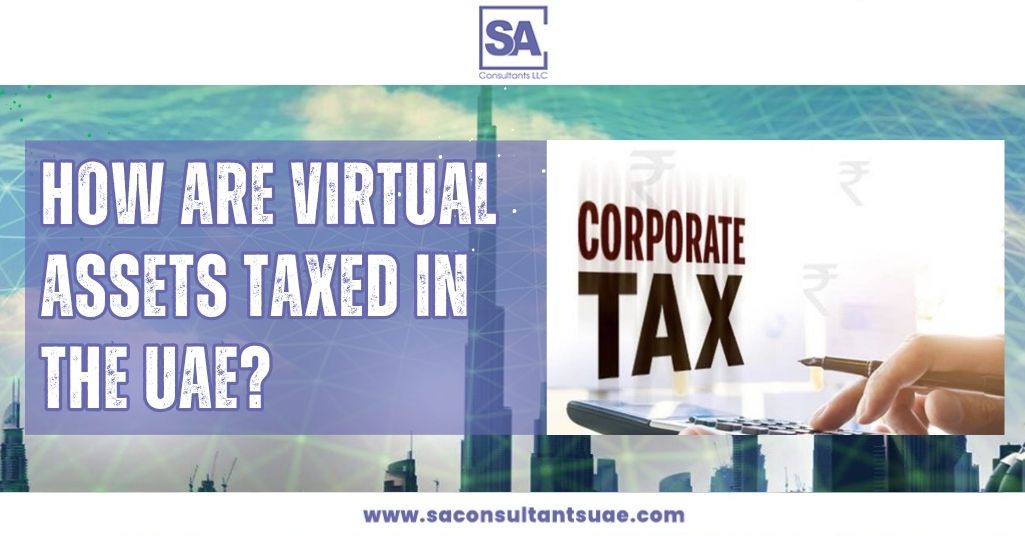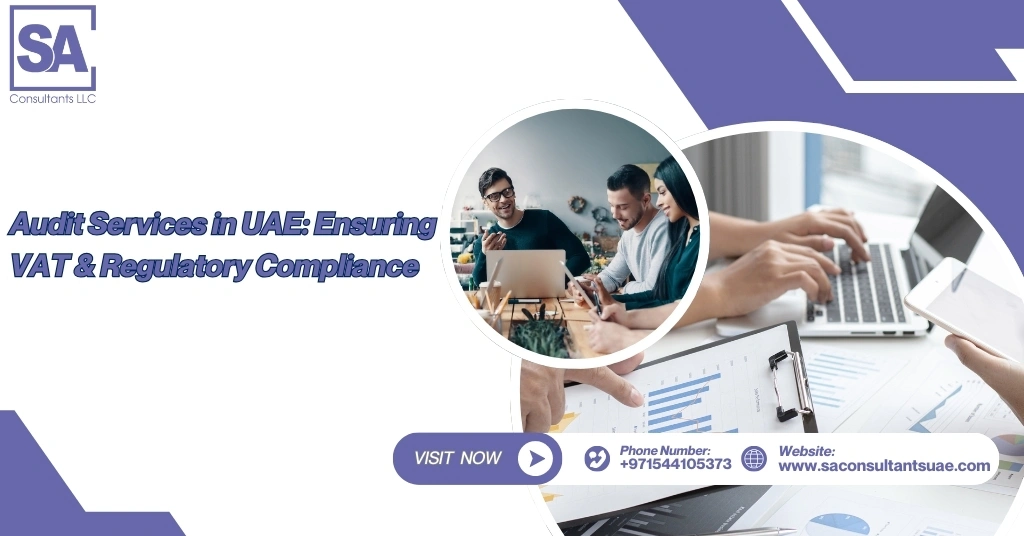The United Arab Emirates has been a magnet for cryptocurrency and blockchain technology on the world stage as many investors, entrepreneurs and business have been attracted to the entrepreneurial and business-friendly environment in the country. The UAE is home to a dynamic ecosystem for businesses to start; however, to remain compliant, manage financials and declare income as necessary – it is important to be aware of regulations for taxing Virtual Asset Tax Services in the UAE. Here are key things to know for both individuals and businesses.
What Are Virtual Assets?
Virtual assets represent cryptocurrencies like bitcoin, Ethereum, stablecoins, and tokens utilized in decentralized applications. They may serve as a type of payment, they may be investment property, and they often function as a means of accessing or using decentralized finance protocol (DeFi). Virtual assets and the services that support them have become more common and as a result, individuals and businesses will need to ensure they are aware of their tax obligations and may benefit from professional Virtual Asset Tax Services.
Personal Taxation on Virtual Assets in the UAE
For standalone investors, there is currently no personal income tax in the UAE. This means profits made from buying, selling and/or holding cryptocurrencies as investments by individuals do not incur personal income tax. Tax experts on virtual assets have confirmed this and the policy has attracted significant amounts of crypto investors seeking tax efficiency.
However, tax experts on virtual assets also caution that individuals who trade virtual assets at a frequency comparable to a business – such as high-frequency traders – could potentially be subject to corporate tax (even if acting as solo traders). As a best practice, we recommend consulting Crypto Tax Consultants UAE to gain clarity on whether your trading activity might be classified as a business.

Corporate Tax on Virtual Assets
The UAE implemented a federal corporate tax on June 1, 2023, which is 9% on business profits over AED 375,000 annually. Any business earning income from trading, mining or managing the virtual asset must add those earnings to their taxable income.
Careful record keeping is crucial, because tax authorities will require precise details on each transaction, including the costs of acquisition and the proceeds of sale. It will be in the business’s best interest to utilize Virtual Asset Tax Advisory professional services, so that they may mitigate the complexity of the requirements and remain compliant.
Understanding VAT and Virtual Assets in the UAE
While cryptocurrencies are typically exempt from Value Added Tax (VAT) when acquired or disposed of like currency, situations may arise where VAT may apply:
Using Crypto as Payment: Businesses that accept cryptocurrency as payment for goods or services must charge VAT on the value of the transaction.
Virtual Asset Services: Businesses that provide exchange, brokerage or advisory services in relation a virtual asset may incur VAT, in relation to their fees.
We recommend speaking to a Crypto Tax Consultant in the UAE regarding the VAT treatment of each particular transaction that is related to the exchange of virtual assets, in order to avoid penalties for incorrect VAT accounting.
Cross-Border Considerations for Virtual Assets
Cross-border transactions are an operational issue for many crypto businesses and investors in the UAE. The UAE has many double tax treaties in place with different countries; however, these treaties often have no reference to virtual assets at all, and so there is uncertainty as to taxation of income from cross-border transactions in crypto.
Tax Experts on Virtual Assets have suggested that businesses should carefully structure cross-border transactions and keep records of the flow of funds to reduce the risk of double taxation. Virtual Asset Tax Services professionals can help businesses assess the applicable treaties, and help reduce tax exposure.
Regulatory Compliance Beyond Taxation
Tax considerations aside, businesses dealing with virtual assets in the UAE must also comply with regulations set by the Virtual Assets Regulatory Authority (VARA) and other relevant bodies. These include:
- AML/KYC Requirements: Strict anti-money laundering (AML) and know-your-customer (KYC) rules apply to virtual asset service providers.
- Licensing: Operating an exchange, broker, or wallet service often requires a license from VARA.
Partnering with Crypto Tax Consultants UAE helps ensure both tax compliance and adherence to evolving regulatory standards, minimizing legal risks.
Preparing for Future Developments
Globally, organizations like the OECD are working on frameworks to harmonize tax treatment of virtual assets. It’s expected that the UAE will continue refining its tax and regulatory guidance as virtual assets become more mainstream.
Businesses and investors should proactively monitor updates and consult Tax Experts on Virtual Assets to adapt their strategies accordingly. Regular reviews of operations, tax positions, and compliance processes are critical in an evolving landscape.
The Importance of Professional Virtual Asset Tax Services
Whether you are an individual investor, a startup, or a large enterprise involved with cryptocurrencies, seeking professional Virtual Asset Tax Services ensures you:
- Understand your tax obligations.
- Optimize your tax strategy.
- Maintain accurate records for corporate tax and VAT.
- Stay compliant with regulatory requirements.
Crypto Tax Consultants UAE provide tailored advice to help clients navigate complex transactions, tax filings, and regulatory obligations. Engaging experienced Tax Experts on Virtual Assets gives you confidence and peace of mind when managing virtual assets in the UAE.
Conclusion
While working through tax and regulation of virtual assets in the UAE may not be easy, you do not have to go through that alone. For guidance and professional support on Virtual Asset Tax Services, Crypto Tax Consultants UAE, and Tax Experts on Virtual Assets visit our site at SAConsultantsuae — your trusted partner for all matters of virtual asset tax and compliance.





